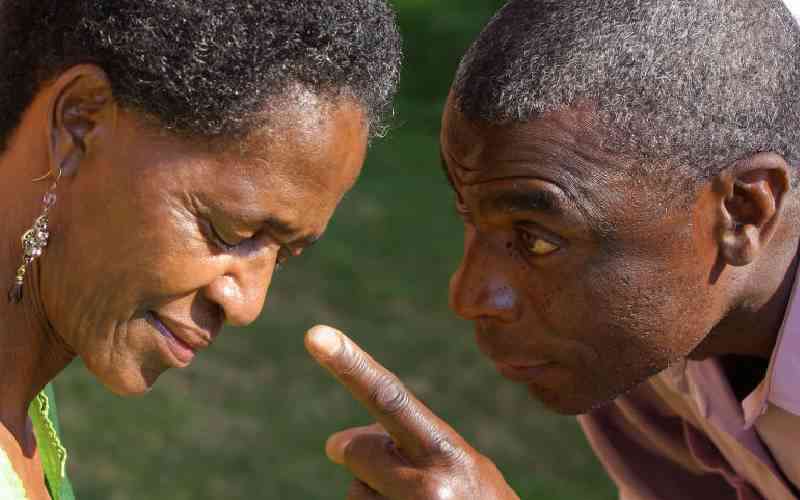×
The Standard e-Paper
Join Thousands Daily

The High Court has dismissed a man's attempt to disown a woman seeking a divorce from him.
Justice Maureen Odero found that although there was little to prove that the man had paid dowry, his actions, which included introducing himself to the woman's family and living with her for seven years, amounted to marriage.